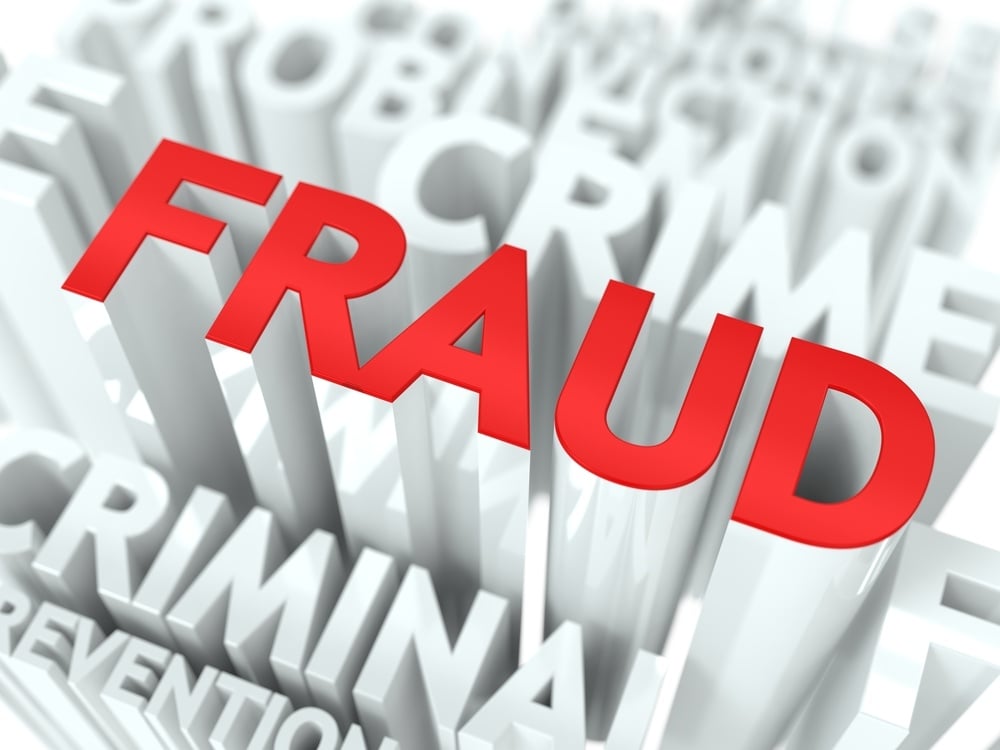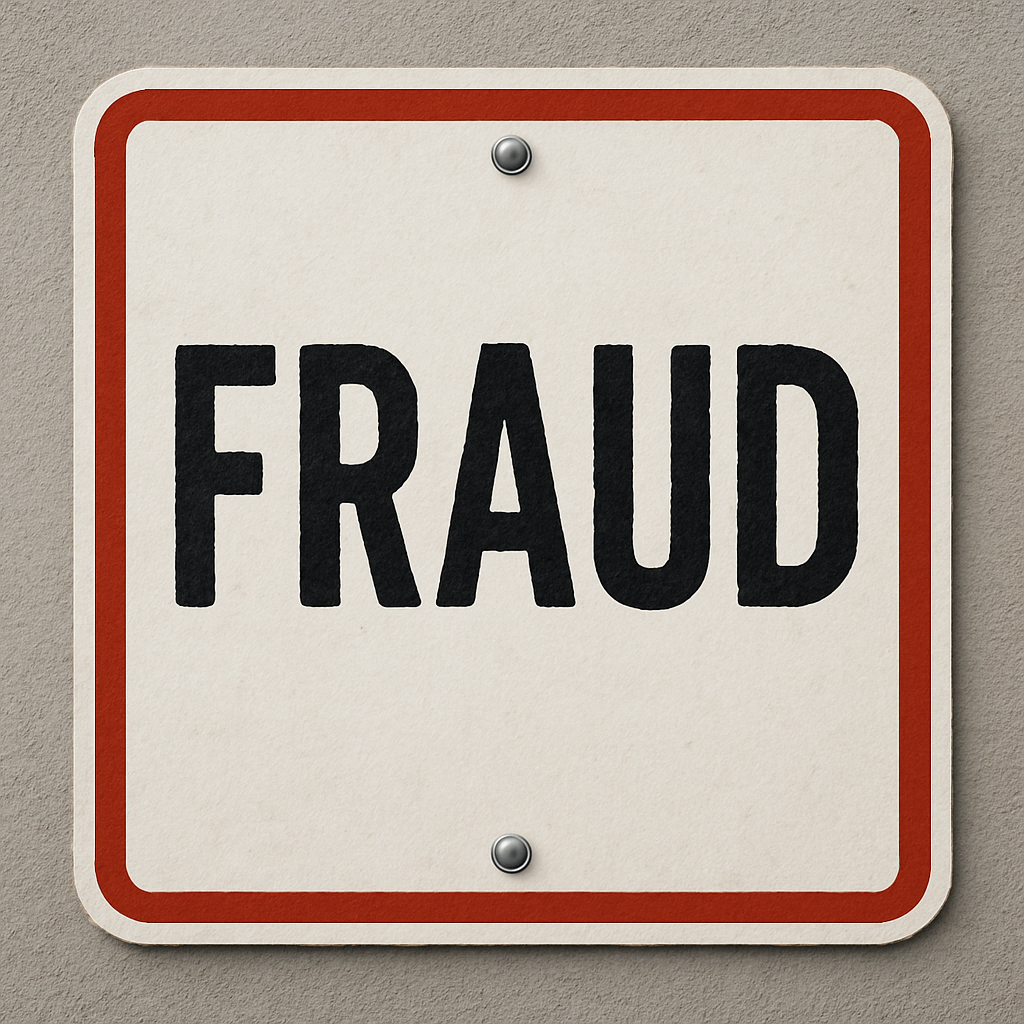Protecting Yourself from, "Frankenstein Fraud"
There is no shortage of ways people with bad intentions will try to commit fraud. The problem seems to compound with each passing year. Synthetic...
Manage your everyday finances with convenient accounts, flexible cards, and personalized service designed to fit your life.
At First Federal Bank, we offer flexible mortgage solutions for almost any situation, helping you secure the right financing for your dream home.
Business banking offers secure financial management, streamlined transactions, credit options, and tools to help businesses grow efficiently and sustainably.
2 min read
First Federal Bank : July 3, 2024 10:00:00 AM EDT

 There are many different types of fraud today. Perhaps one of the most heinous are scams that target the elderly. One news station recently reported how this type of fraud is on the rise, and what you can do to protect yourself and your loved ones from becoming victims:
There are many different types of fraud today. Perhaps one of the most heinous are scams that target the elderly. One news station recently reported how this type of fraud is on the rise, and what you can do to protect yourself and your loved ones from becoming victims:
According to the FBI, there have already been $1.6 billion in losses from January to May of 2024, up nearly $300 million from the same time period last year. In 2023, a total of $3.4 billion losses were reported.
“Empowering our seniors and their friends and family with education surrounding elder fraud schemes is critical to protecting them and their hard-earned money,” said Assistant Director Michael Nordwall of the FBI’s Criminal Investigative Division. “Unfortunately, elder fraud remains one of the most devasting violations we work in the FBI. The effects of these elaborate schemes go far beyond just financial losses. It robs an already vulnerable population of their sense of security."
The most common scams include tech support scams, confidence and romance scams, investment scams, and government impersonation scams.
The FBI recommends the following steps to help protect yourself:
You can read the full article here.
Older people are targeted for scams for a number of reasons. Once you understand why and how this takes place, you can arm yourself with the tools you need to ensure it doesn’t happen to you or someone you love.

There is no shortage of ways people with bad intentions will try to commit fraud. The problem seems to compound with each passing year. Synthetic...

Most people think of financial fraud showing up as a large, unusual charge on their bank account. But it’s the little transactions that can actually...

Phishing is an all too common way for scammers to learn your personal information and access your financial accounts. To help prevent yourself from...
Manage your accounts, make payments, and more.
Open an account with us.